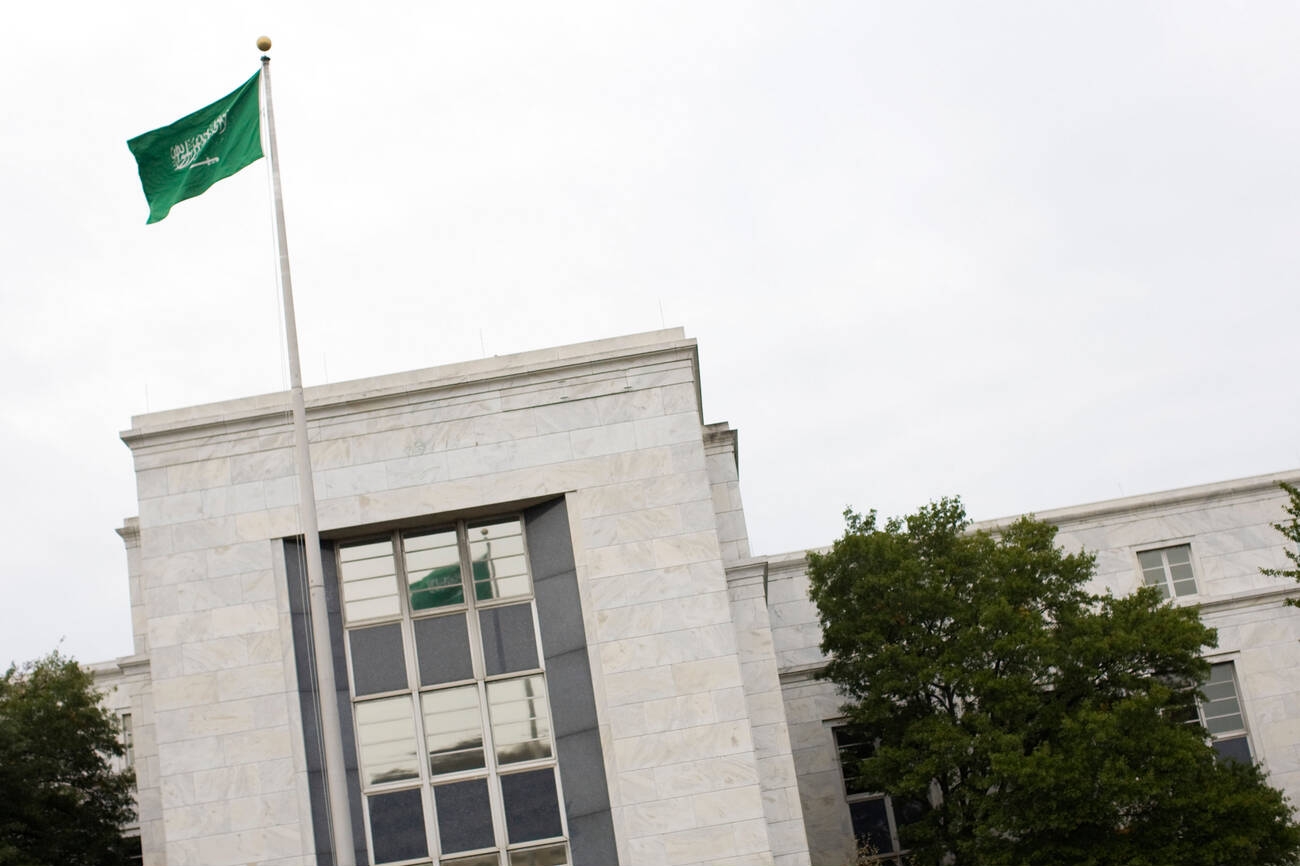Human Lives Human Rights: For twenty years, the Thai authorities have fallen short in delivering justice, truth, or reparations to Somchai Neelapaijit and his family. His case, along with numerous others involving enforced disappearances, underscores a deep-rooted culture of impunity in Thailand, a nation aspiring to join the UN Human Rights Council.
Since Somchai vanished in Bangkok two decades ago, his family has endured a lack of answers, dwindling hope, and persistent efforts to silence or intimidate them for seeking justice.
The failure to hold accountable those suspected of involvement and the neglect of his family’s right to full reparations, including the termination of the witness protection program, illustrate the unreliability of Thai authorities for enforced disappearance victims and the impunity enjoyed by perpetrators.
Despite enacting a law against enforced disappearances over a year ago, Thailand’s failure to bring such cases to court renders the law ineffectual in practice.
To earn respect as a member of the UN Human Rights Council, Thailand must fulfill more of its international obligations. While the domestic law marked progress, concrete actions are needed to ensure accountability and redress for all victims of enforced disappearance. This includes ratifying the International Convention for the Protection of All Persons from Enforced Disappearance without reservations and recognizing the competence of the Committee on Enforced Disappearance to receive and consider communications from victims and other states parties, demonstrating a genuine commitment to combatting this crime under international law.
Background:
Somchai Neelapaijit, a prominent human rights lawyer and former official of Thailand’s Lawyer Council, vanished in Bangkok on March 12, 2004, and remains missing to this day.
Although five police officers were initially arrested for allegedly forcing him into their car, they were acquitted in 2015. With no clarity on Somchai’s whereabouts, his family could not participate as plaintiffs, denying them legal standing.
Somchai was known for advocating the rights of Malay Muslims, particularly those subjected to abuse in military detention in Thailand’s southern border provinces. His activism included opposition to Martial Law in the region, granting authorities expansive detention powers without charge.
His wife, Angkhana Neelapaijit, a human rights defender and current member of the UN Working Group on Enforced Disappearance, continues to speak out despite facing threats, both online and offline. The pause of her witness protection program in 2022 underscores ongoing challenges in seeking justice for Somchai’s disappearance.


















